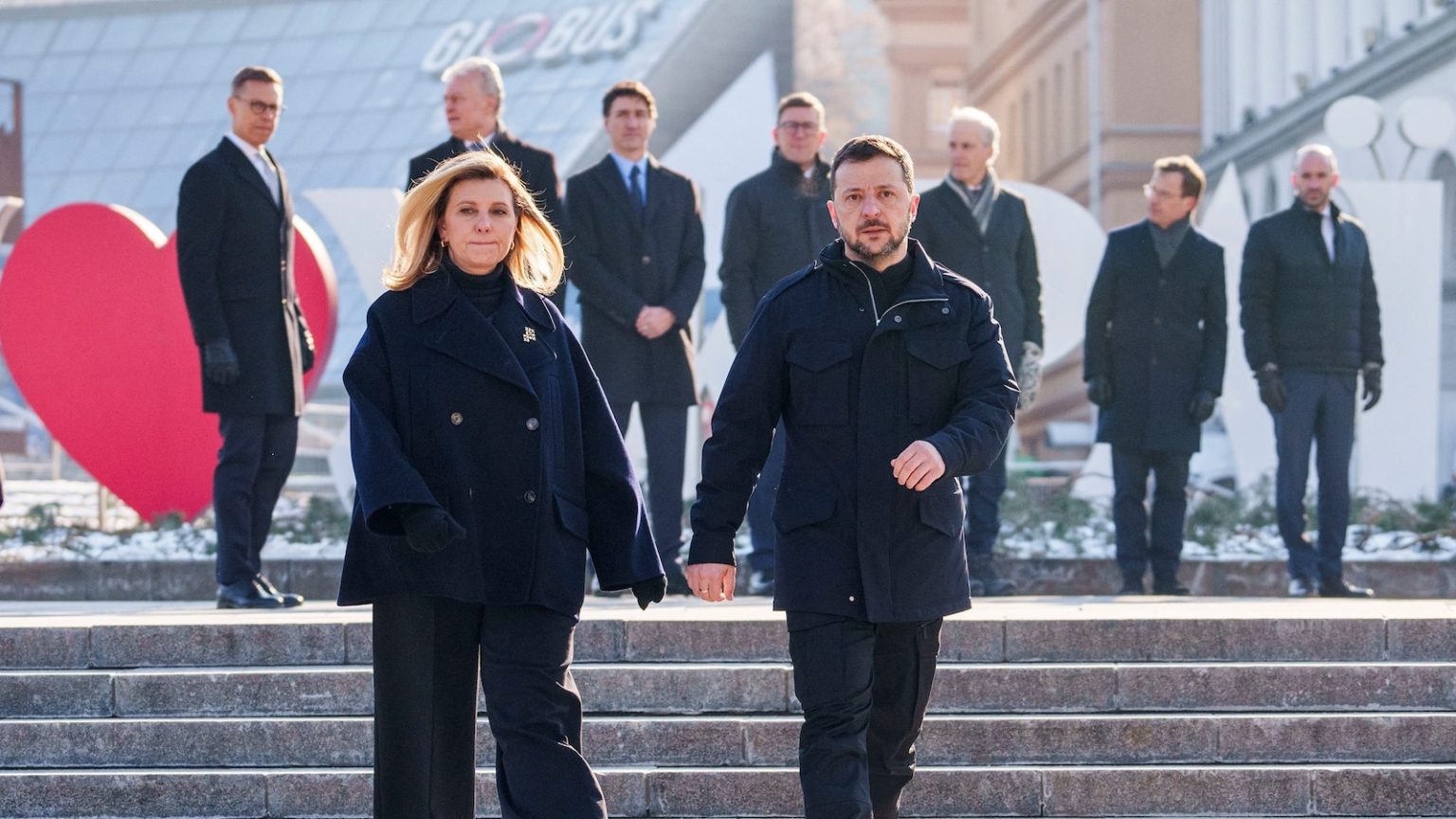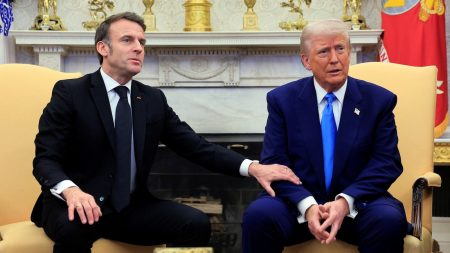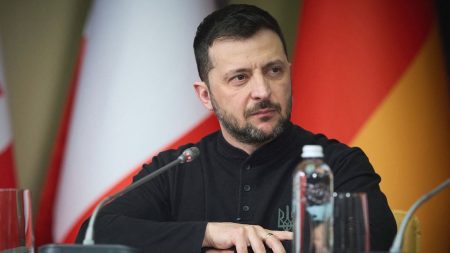Navigating the Shifting Landscape: U.S.-Ukraine Relations Under Trump’s Second Term
1. New Era of Tension: A Shift in U.S. Policy
The inauguration of Donald Trump’s second term has ushered in a significant shift in U.S. foreign policy, particularly concerning Ukraine. This change has introduced a new era of tension in the U.S.-Ukraine relationship, historically a cornerstone of mutual support. Ukraine, already embattled with Russia’s ongoing aggression, now faces a challenging geopolitical landscape as the U.S. pivots towards a more conciliatory approach with Moscow.
2. Shifting Alliances: U.S.-Russia Talks and Ukraine’s Exclusion
One of the most striking aspects of this new strategy is the exclusion of Ukraine from key diplomatic talks. The U.S.-Russia negotiations in Saudi Arabia, aimed at resolving the conflict in Ukraine, have notably excluded Kyiv, raising concerns about Ukraine’s future. Volodymyr Fesenko, a prominent Kyiv-based political scientist, warns of a potential strategic realignment by the U.S. towards Russia, which could undermine Ukraine’s partnerships with the West. This shift is perceived as a stark departure from the "nothing about Ukraine without Ukraine" principle championed by the previous administration.
3. Ukraine’s Response: Navigating Internal and External Pressures
President Volodymyr Zelenskyy and his leadership team are grappling with the dual challenge of external pressure from the U.S. and the internal realities of a nation at war. Despite Trump’s accusations labeling Zelenskyy a "dictator," Ukraine’s parliament has reaffirmed the president’s legitimacy, emphasizing that elections cannot be held under martial law. Sources close to the Ukrainian government describe the situation as "beyond disturbing," as they strive to maintain a delicate balance of pushing back against U.S. demands without appearing obstinate.
4. Economic and Political Pressure: Trump’s Transactional Approach
The Trump administration’s transactional approach to foreign policy has introduced a new layer of complexity. Efforts to secure access to Ukraine’s mineral resources, despite Zelenskyy’s refusal to "sell the state," highlight the economic dimension of this pressure. This approach contrasts sharply with the prior administration’s commitment to military and economic aid, raising concerns about the future of U.S. support and its implications for Ukraine’s sovereignty.
5. International Implications: Europe Steps Up Amidst UN Shifts
The U.S.’s shifting stance has reverberated across the international stage, prompting European allies to bolster their support for Ukraine. Discussions about deploying European troops to monitor a potential peace deal underscore Europe’s commitment to Ukraine’s security. However, the U.S.’s alignment with Russia in a UN vote, along with Trump’s misrepresentation of the conflict’s origins, has further strained relations and complicated the search for a peaceful resolution.
6. Ukraine’s Resolve: Resilience in the Face of Uncertainty
Amidst these challenges, the Ukrainian people remain steadfast in their resolve. Zelenskyy continues to enjoy the trust of the majority, with many Ukrainians prepared to endure ongoing hardship to achieve a just peace. The resilience of Ukraine’s armed forces, now among the most capable in Europe, reflects a nation’s determination to preserve its sovereignty. As the U.S. and Russia prepare for further talks, Ukraine holds hope that its allies will remain committed, ensuring that any resolution respects Ukraine’s right to self-determination.















